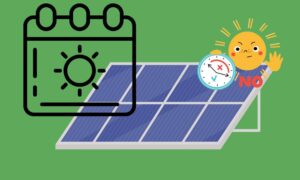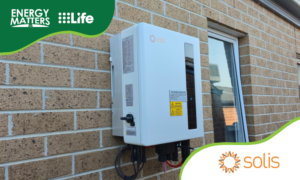Two Australian states are taking active measures to tackle the challenges of climate change planning.
The South Australian government has teamed up with Yorke and Mid North regional partners to future-proof the area against heat, drought and bushfires.
The written agreement sets out a range of economic, environmental and social opportunities to reduce carbon emissions.
The Victorian Government has also partnered with RMIT University and Friends of the Earth in a public forum outlining steps to tackle climate change.
The event celebrated the start of Victoria’s new Climate Change Act 2017, legislating for net zero emissions by 2050.
Both states aim to boost renewable energy investment in areas like home solar power and energy storage batteries.
Climate change planning a boost for SA clean energy
The document signed by the SA government and key regional stakeholders, including councils, prepares large areas of the state for harsher climate conditions.

It seeks to implement the Yorke and Mid North Regional Climate Change Action Plan, which aims to create a more resilient region.
The plan focuses on leadership, biodiversity, water resource management, industry and workforce development, infrastructure and emergency management.
The state already houses the world’s largest lithium-ion tesla battery and solar reserve.
According to SA Regional Development Minister Geoff Brock, the region’s tourism, wineries and farmers will benefit from the transition to a low-carbon economy.
SA is known throughout the world for its leading role in the storage of solar energy, Mr Brock said.
Victorian public forum for climate change planning
The public forum event held at Victoria’s Parliament House this month allowed academics, business leaders and climate experts to share ideas.
‘What next for Victorian Climate Change Policy?’ promoted ways to further reduce the state’s carbon emissions in line with the Paris Agreement.
The Victorian government is keen to encourage solar power uptake and energy storage batteries to help meet emission targets.
On the way to zero emissions by 2050, the state must meet interim emission targets every five years.














































